Do condoms protect against AIDS?
Do condoms protect against AIDS? 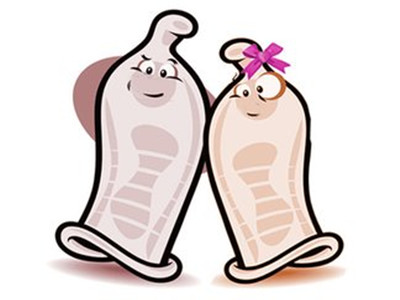
Condoms are now the main juggling preference for HIV prevention.
There are three ways of transmitting AIDS: First, mother-to-child transmission, it is better for men and women with HIV not to get married, and if they do, they should use condoms and not have children. Second, blood transmission. As long as there is HIV, transmitted through blood breaks, such as oral cavity, razor, broken skin wounds. Third, sexual intercourse transmission, both men and women, if one of them has HIV, transmitted through sexual intercourse, must be used throughout the condom, to prevent breakage on the way, slip.
At present, due to sexual freedom, the main way of contracting HIV is through sexual intercourse, and only the use of condoms can prevent the transmission of HIV by 98%. Only the use of condoms can prevent the transmission of HIV.
Condoms are the only effective way to stop AIDS. You can have sexual intercourse without fear, both homosexual and heterosexual, as long as you use the right method and use the best quality condoms.
The best thing to do is to practise exclusive sexual partnership, whereby men and women, men and women, have only faithful sexual partners, no wildflowers, no one-night stands and no promiscuity is the most effective way of preventing AIDS.
It is one of the ways to prevent AIDS! If you rule out other conditions that can acquire AIDS, then it can serve to prevent AIDS.
As a doctor who has been dealing with AIDS for a long time, I think I have the most to say. With a sexually open society, condoms are now the first choice for AIDS prevention.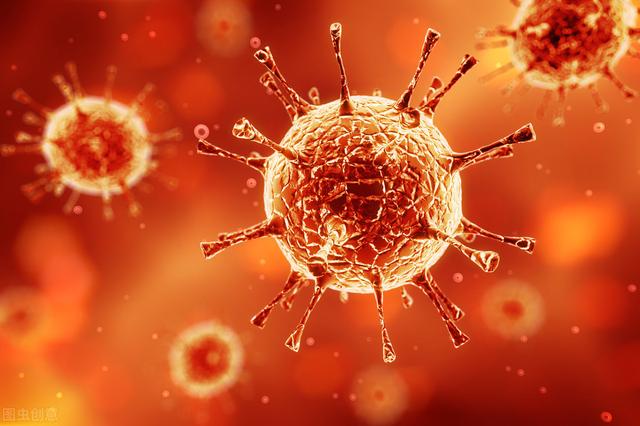
There are three ways of transmitting AIDS: First, mother-to-child transmission. It is better for men and women with HIV not to get married, so that their offspring will not also suffer from AIDS, which is unfair to the children. Second, blood transmission. Contact with the blood of AIDS patients, their own mouth, razor, skin wounds will be easily infected, so the surgeon should pay extra attention to the AIDS patients to do surgery. Third, sexual intercourse transmission, both men and women, if one of them has HIV, through sexual intercourse, must be used throughout the condom, if there is a breakage in the middle of the slip, there will be infected with AIDS chances.

The current society due to sexual freedom and openness, homosexual patients are also more than ever, young people and will not go to the hospital specifically to check for AIDS, many times only later found that the main way to infected with AIDS for sexual intercourse, as long as the use of condoms can be a high probability of preventing the spread of HIV, and will not be 100% avoided, the correct use of the quality of condoms with good quality in order to be able to rest assured that the sexual intercourse.
The best thing is to implement pre-marital medical examination, the best unmarried before a good safety check before coitus, do not pick wildflowers, do not one-night stand, do not promiscuity, I believe that we can be happy to enjoy the sex life, but also to avoid being infected by AIDS.
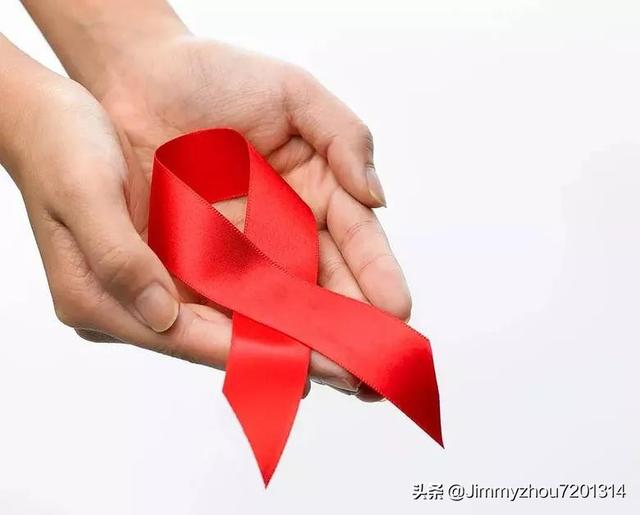
Affirmative answer: yes! Condoms don't just protect against HIV, they protect against many genders, such as syphilis!
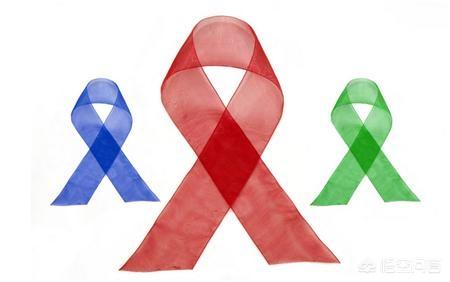
We all know that there are three ways of spreading AIDS: mother-to-child transmission, sexual transmission and blood transmission! In China, a total of 750,000 people have been reported to be infected with AIDS, and the main way of infection has changed from sharing syringes and selling blood through intravenous drug use in the past to sexual transmission in the present. According to statistics, at this stage, more than 95% of AIDS is transmitted through sexual means, so we strongly recommend the use of condoms during sexual behavior when doing health education. According to foreign statistics, condoms can prevent over 98% of HIV infections!
There are three types of condoms: a male condom, a female condom, and a gay condom.
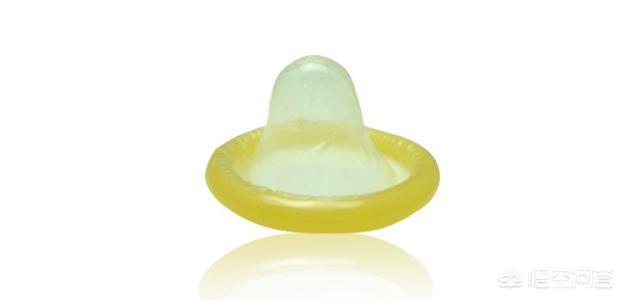
Condom usage:
First, before you use it, be sure to check the packaging carefully and avoid using expired condoms, which are prone to breakage.
Second, after tearing open the package, touch it, if there is a sticky feeling or crunchy do not use, may have deteriorated!
Third, choose a condom suitable for their "brother" size, too big easy to leak, too small easy to rupture.
Fourth, wait for your brother to raise his head during lovemaking and then open the package and bring it to your brother.
Fifth, in the process of use, if you find that there is a rupture or slippage, should be soapy water or disinfectant to rinse the brother or the woman's pubic way!
Sixth, after the event, be sure to use your hand to press the bottom of the condom together to pull out.
To end the response with a final word: wear a helmet during the day and a condom at night!
Can be, HIV volume is greater than the rubber gap, can be understood as a fish than the eye of the fishing net to be larger, so the fish can not run away, but things are not absolute, condom breakage is not a small probability, there is a virus of the body fluids encountered in other wounds or inflammation may be infected with the virus, the most effective way is to be clean and self-love, fixed sex partners, regular physical examination, safety measures must be used, in addition to Try not to play too exciting, too hot to hurt the body has a wound is more likely to be infected with the virus!
I think it's okay, but I'm scared. Sex is precious, life is more precious, we should cherish it.
HIV prevention is a very important topic, after all, the number of people who get AIDS is increasing every year, and if one accidentally has high-risk sex with someone who has AIDS, the chances of getting AIDS are very high. How to prevent AIDS is also a problem, the first thing to do is to make sure that you wear a condom when you have sex. So, can condoms prevent AIDS or not? Condoms prevent AIDS? Today we will give you a detailed introduction.
Do condoms protect against AIDS or not?
Sex with a condom that is properly used and unbroken is an effective way to prevent HIV infection. The correct use of condoms is also the best preventive measure against AIDS. The transmission channels of AIDS include blood transmission, mother-to-child vertical transmission and sexual transmission, and at present, sexual transmission is the most common in our country. Therefore, only by keeping clean, knowing how to protect oneself, having correct sexual concepts, avoiding promiscuity and abnormal sex, and paying attention to sexual hygiene can we effectively prevent HIV infection.
Because AIDS is mainly transmitted through sexual intercourse, if a condom is not used during sexual intercourse and there is direct contact with the sex organs, the vaginal secretions of the woman or the semen or prostate fluid of the man will contain the AIDS virus, so it will be transmitted to the other person. If patients use condoms to prevent pregnancy and choose condoms of very good quality, use condoms from the beginning to the end of coitus to avoid direct contact with the sex organs.
In this case, there will be no cross-infection of fluids, so the occurrence of AIDS can be prevented. If the patient does not use condoms to prevent the whole process of contraception, there may be female secretions and male prostate fluids coming out from direct contact with the sexual organs, and when they touch each other's sexual organs, they can be cross-infected through these secretions.
Do condoms prevent AIDS?
Condoms are of course very useful and relatively the most useful in terms of eliminating infectious diseases. In terms of contraception, if you wear a condom the whole time, the chances of getting pregnant are very small. Before wearing a condom, make sure to check whether the condom is intact, and pay attention to the correct use of the condom, do not get the semen that has been discharged on the top of the condom. At the end of sex, timely removal of the condom, to check whether there is no condom rupture or side leakage problem.
HIV is a sexually transmitted disease that can be transmitted through sexual intercourse. Sex without a condom has a slightly greater probability of transmission, but even with a condom, there is no guarantee that you won't be infected. Because after all, there is relevant contact, only the relevant contact exists in the skin, but not in the mucous membranes. If a condom is worn that is substandard, with a hole in the center, or if the condom is not worn the entire time, there will be contact between body fluids and mucous membranes. Although the contact is relatively short and the amount is relatively small, there is a possibility of transmission. So if you have sex with someone with HIV, try to wear a condom the whole time and avoid contact as much as possible.
Do condoms protect against AIDS?
The answer is yes, condoms can not only prevent AIDS, but also a variety of sexually transmitted diseases. For example: Hepatitis B, syphilis, gonorrhea, etc., can use condoms to effectively isolate pathogens.
HIV is found mainly in body fluids such as blood, semen, vaginal secretions, cerebrospinal fluid, pleural and abdominal fluid, amniotic fluid and breast milk of the patient.
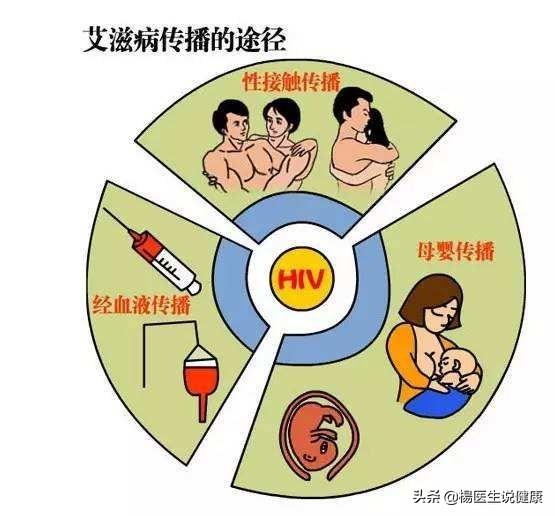
Thus, AIDS can be transmitted through sexual contact, including unsafe homosexual, heterosexual and bisexual contact; blood and blood products, including sharing needles for intravenous drug use, unsafe and unregulated interventional medical practices, tattoos, etc.; and mother-to-child transmission, including intrauterine infection, during childbirth and breastfeeding.
Although it is said that condoms can't prevent 100% of birth control, the probability of avoidance that can reach more than 90% is enough to be able to check back a life in the middle of the pleasure. Why? Because the condoms on the market are uneven, varied, and the effect of propaganda, thus causing the whole industry are in a mess.
AIDS is a disease for which there is still a lack of effective drugs for eradication worldwide. Current treatment options can only maximize and sustainably suppress viral replication in the patient's body, and there is no cure at all.
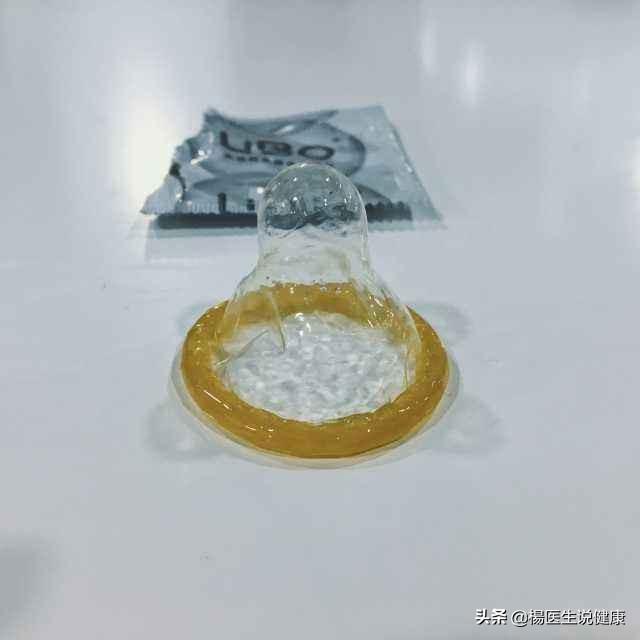
Therefore, in normal life, when you don't know what's going on with the other person, you should still try your best to restrain yourself from being impulsive, and if you really need to, it's best to put on your armor!
@Headlines @HeadlineHealthIntelligenceAt the same time, in order to avoid accidents, it is best to check for air leaks before use and choose the right size for you by measure.
Wearing a condom can prevent AIDS, but it prevents only one way of sexual transmission, if it is in addition to sexual transmission of other ways of transmission can not be prevented, for example, like blood transmission and mother-to-child transmission, the drug-addicted people share the same syringe, if the drug-addicted people in the population with AIDS infection, then there may be a risk of HIV infection, or sharing razors, if the wound breaks the place, then it may also cause the spread of AIDS, so condoms can only prevent sexual transmission of this one way, in addition to sexual transmission of AIDS transmission can also be many ways. Or sharing razors, if there is a broken wound, then it may also cause the spread of AIDS, so condoms can only prevent sexual transmission of this one way, in addition to sexual transmission of AIDS can also have a variety of ways, so want to prevent AIDS should be less risky behavior is better!
Yes, but not absolutely. AIDS is more prevalent in Africa, so condoms are promoted. This stuff just allows you to reduce your risk of getting the disease when you have promiscuous sex, provided you don't know that the other person has the disease and you actively use a condom to prevent it as much as possible. But if you know the person has the disease, but still boldly wear a condom, then I guess it's not safe to wear several layers of condoms.
This question and answer are from the site users, does not represent the position of the site, such as infringement, please contact the administrator to delete.